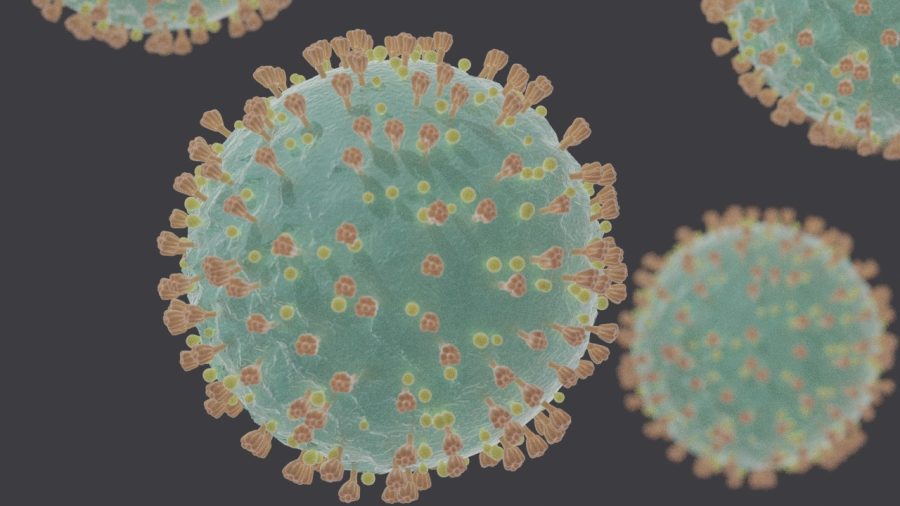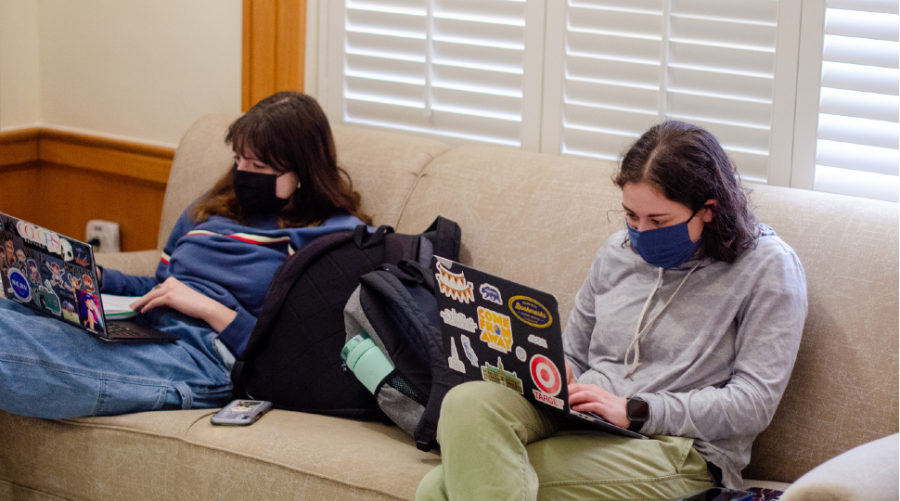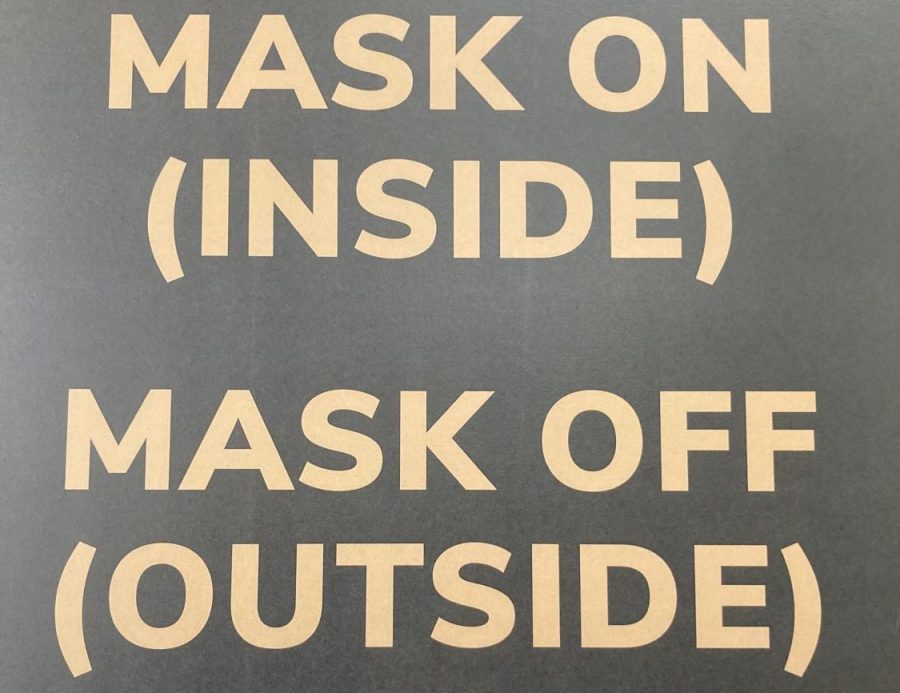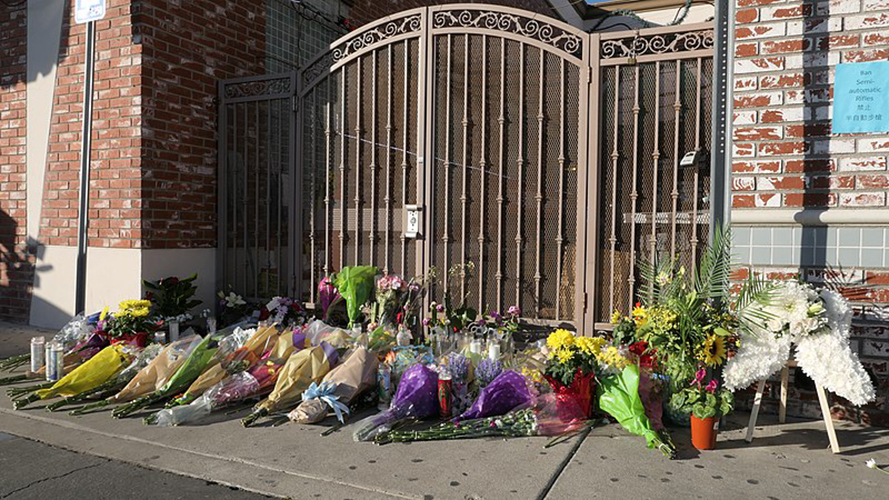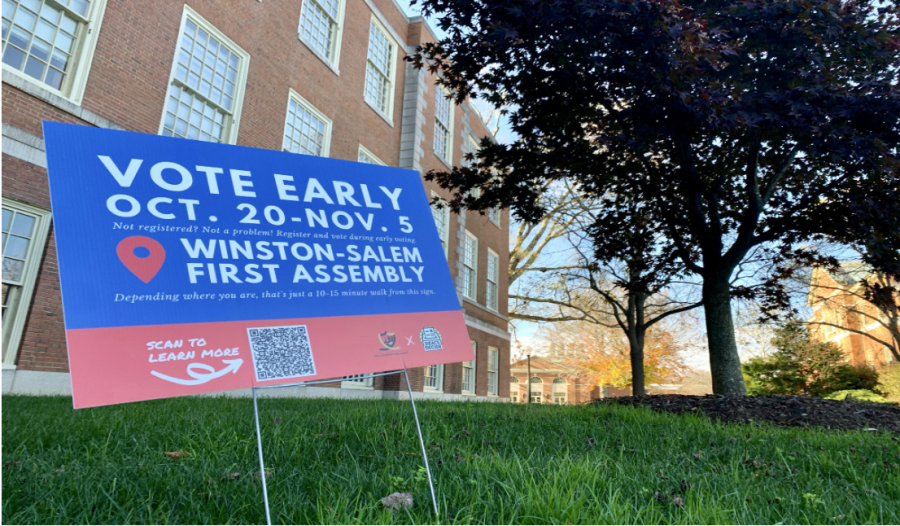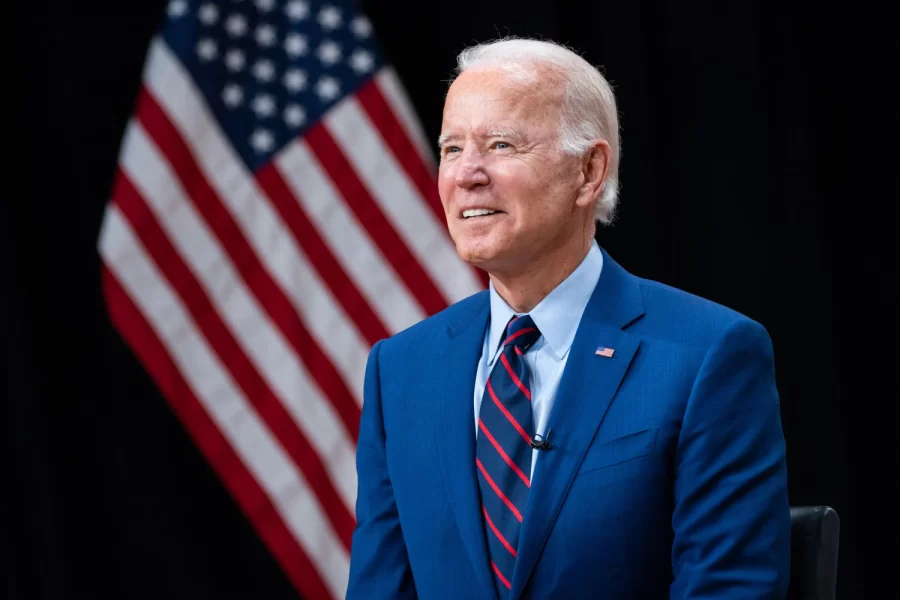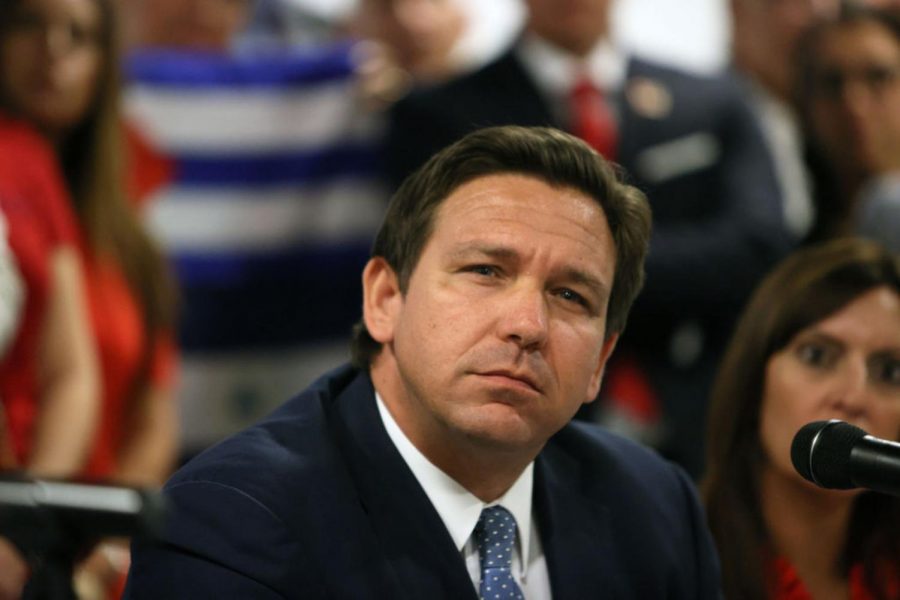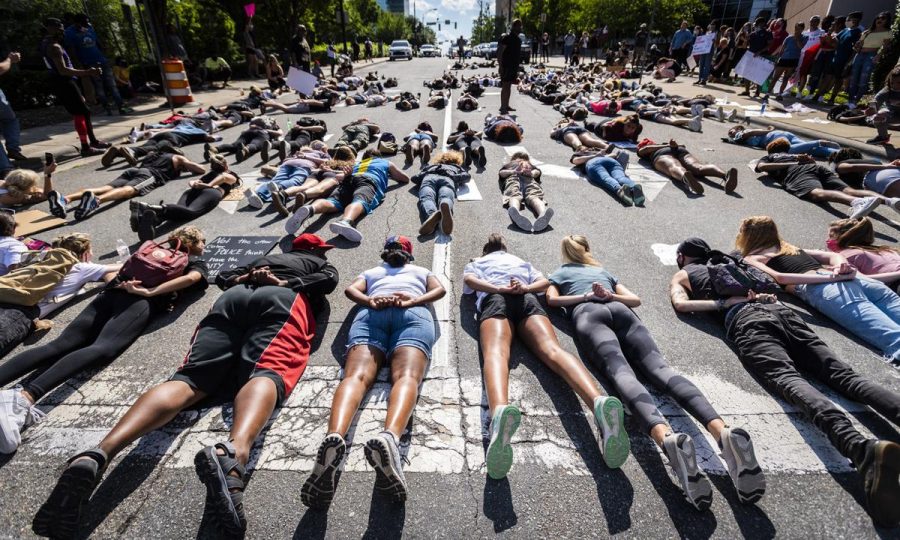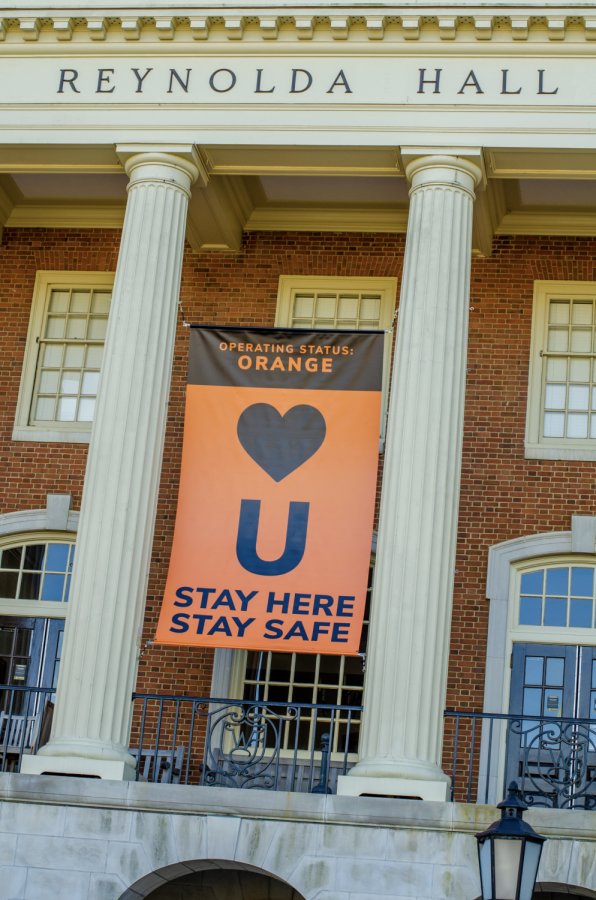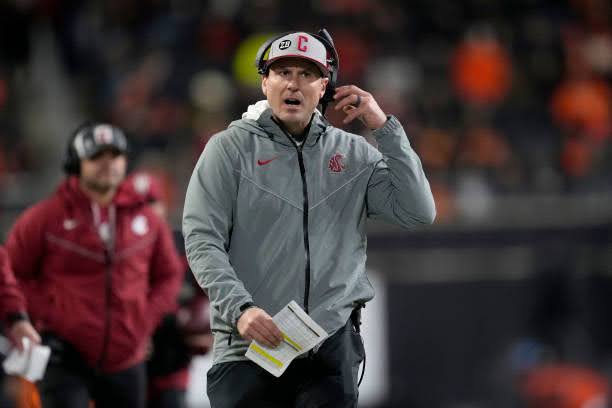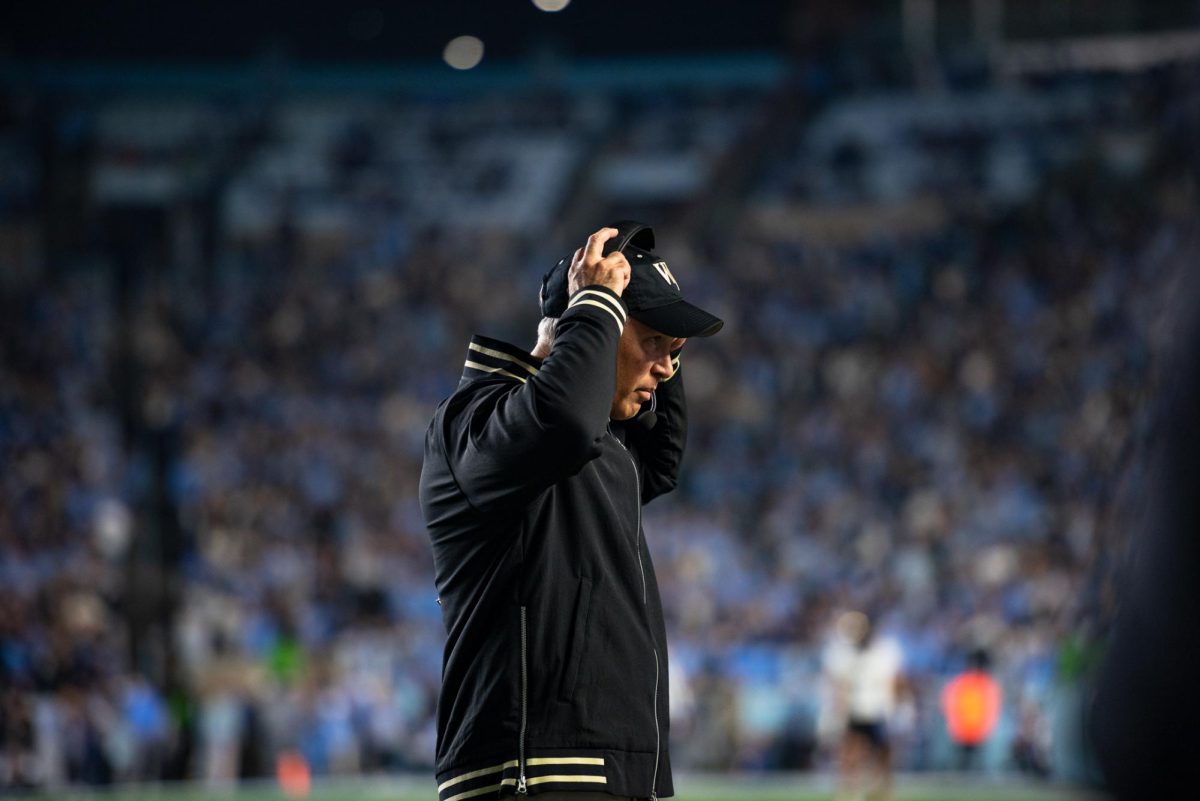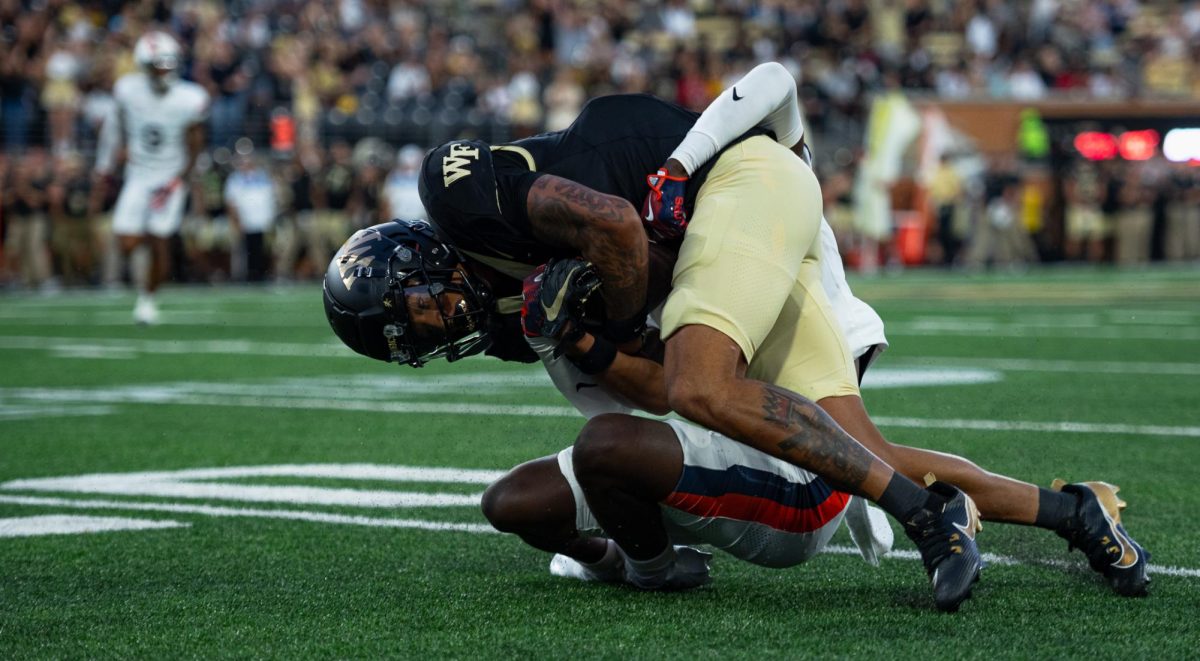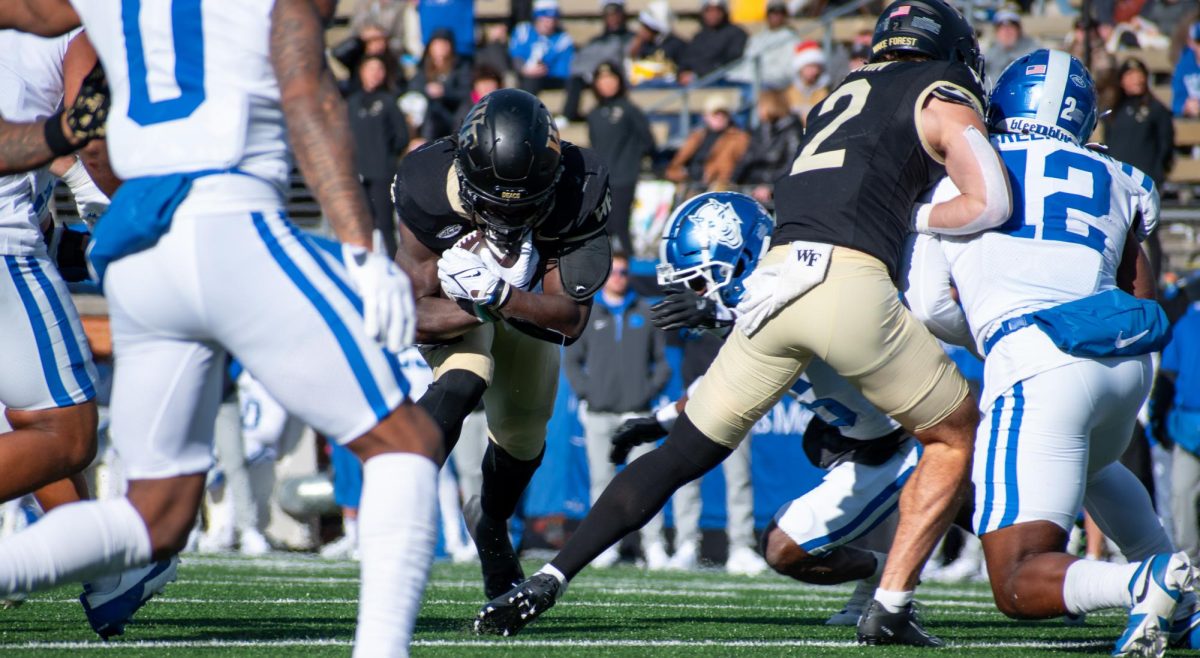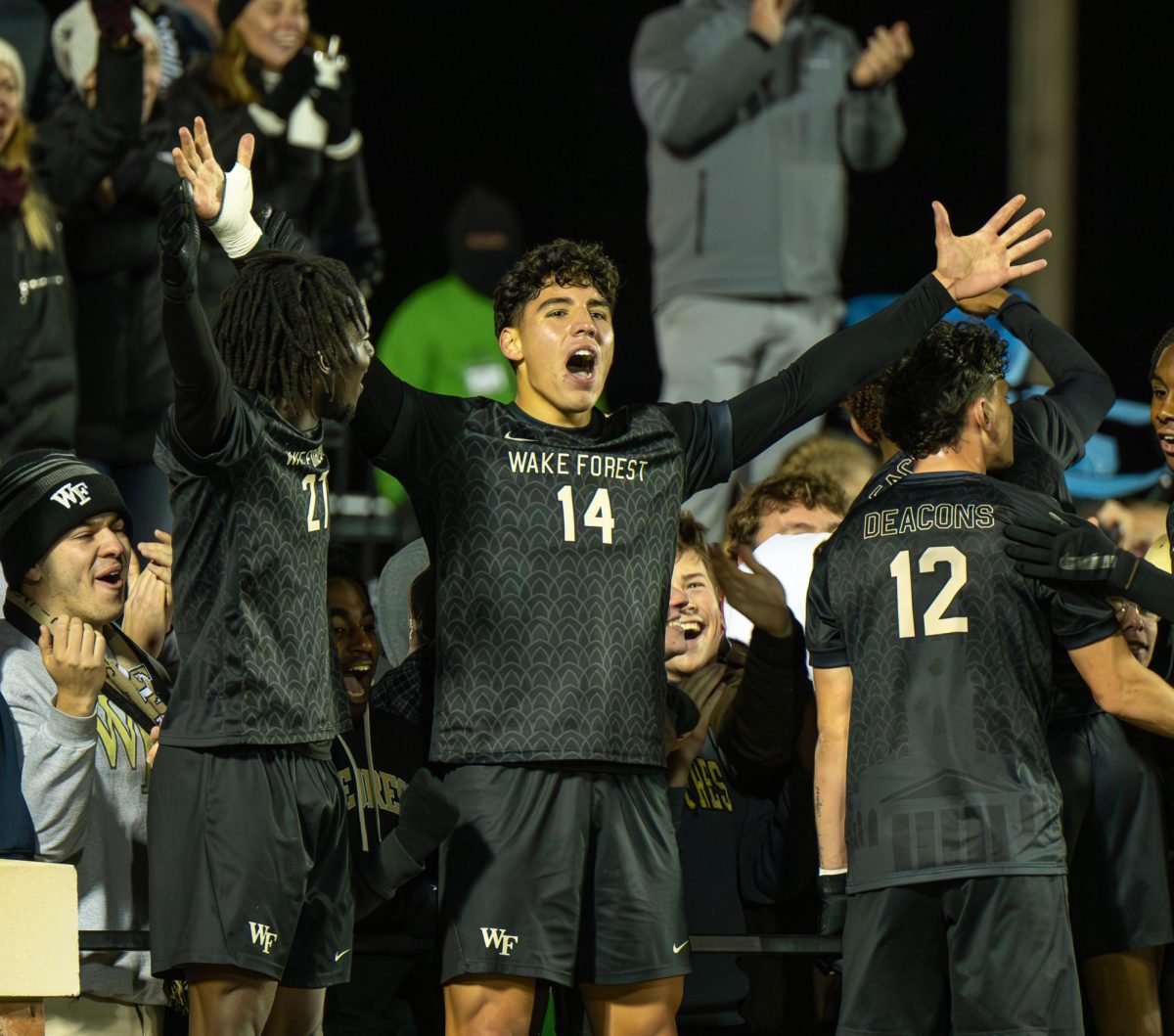The International Olympic Committee and the Tokyo organizing committee jointly announced this past Tuesday that the upcoming 2020 games would be postponed due to the Coronavirus outbreak. In their statement, the two organizations assured that the games would take place no later than the summer of 2021, according to The Independent UK.
IOC and Japanese officials insisted for months prior to this announcement that the games, which were originally scheduled to take place from July 24 through August 9, would go on as planned. Japanese Prime Minister Shinzo Abe hinted at the change of plans this past week when he made a statement admitting that the games could be delayed.
ESPN has cited estimates that put Japanese financial losses in the billions, with losses coming anywhere between $2 billion and $6 billion.
“As for how much [the costs will be], we have no figures with us right now. As for who will shoulder these costs? Needless to say, they are not going to be easy discussions,” Organizing committee CEO Toshiro Muto said.
Senior Melissa Cooney had plans to intern with NBC during the games.
“I am really, really upset that the games are postponed,” Cooney said. “This was my dream internship. I was planning to be a Production “Runner,” which is an intern that helps the NBC production staff with any tasks they may need while broadcasting the games in Tokyo.”
However, Cooney expressed support for the IOC’s reasoning behind cancelling the game.
“I totally think they made the right decision, because we need to put our best foot forward as a globe to defeat this pandemic. I understand that this is a sacrifice that needs to be made for the greater good,” she said.
There is precedence for this Olympic postponement, as the summer games have been pushed back five times before. Each of the World Wars led to the delay of the Summer Olympics in Berlin in 1916 and Tokyo in 1940, respectively.
Most recently, the Summer Olympics were pushed back in Atlanta in 1996 after a park bombing in the Centennial Olympic Park killed two spectators, and injured 111 others. This marks the first time that the Olympics have been pushed back on account of disease rather than terrorism or warfare.
The Olympic postponement continues the global shutdown of the sports world that commenced a few weeks ago. The first major sports league to close up shop was the NBA, which suspended its season indefinitely on March 12 after Utah Jazz player Rudy Gobert tested positive for the Coronavirus. Since then, the MLB, NCAA, the Premier League, Formula One, the ATP Tour and countless other major sports leagues have suspended play indefinitely.
This suspension has raised questions about potential American representation in the games. If the NBA and other leagues are forced to postpone their seasons back into next year, then athletes may not be able to participate in the Olympics.
For example, basketball superstars like Stephen Curry, James Harden and Kawhi Leonard had announced their intentions to play in the Olympics. If the 2019-2020 NBA season resumes in the spring of 2021, then these players may not be able to play in the Olympics.
Joe Ingles, an Australian basketball player for the Utah Jazz, explained that missing the Olympics in favor of the suspended NBA season would be difficult.
“It would be a hard pill to swallow for me,” he said. “I do understand on the flip side of that, that the NBA and the Utah Jazz pay my salary. It’s really good money and I’m obviously obligated to be here to [play for the Jazz].”
Other American athletes may face the same predicament. If major sports leagues suspend their seasons into early to mid-2021, then the United States may be forced to send amateur athletes to participate in the games.


![A view of the Olympic rings monument Tuesday at Rainbow Bridge, Odaiba, Tokyo. The IOC announced this week that the 2020 Tokyo Games have been postponed due to the coronavirus pandemic. [Yukihito Taguchi/USA TODAY Sports]](https://wfuogb.com/wp-content/uploads/2020/03/SPORTS-ALL-OPTIONS-ON-THE-TABLE-CD-scaled-1-900x600.jpg)
